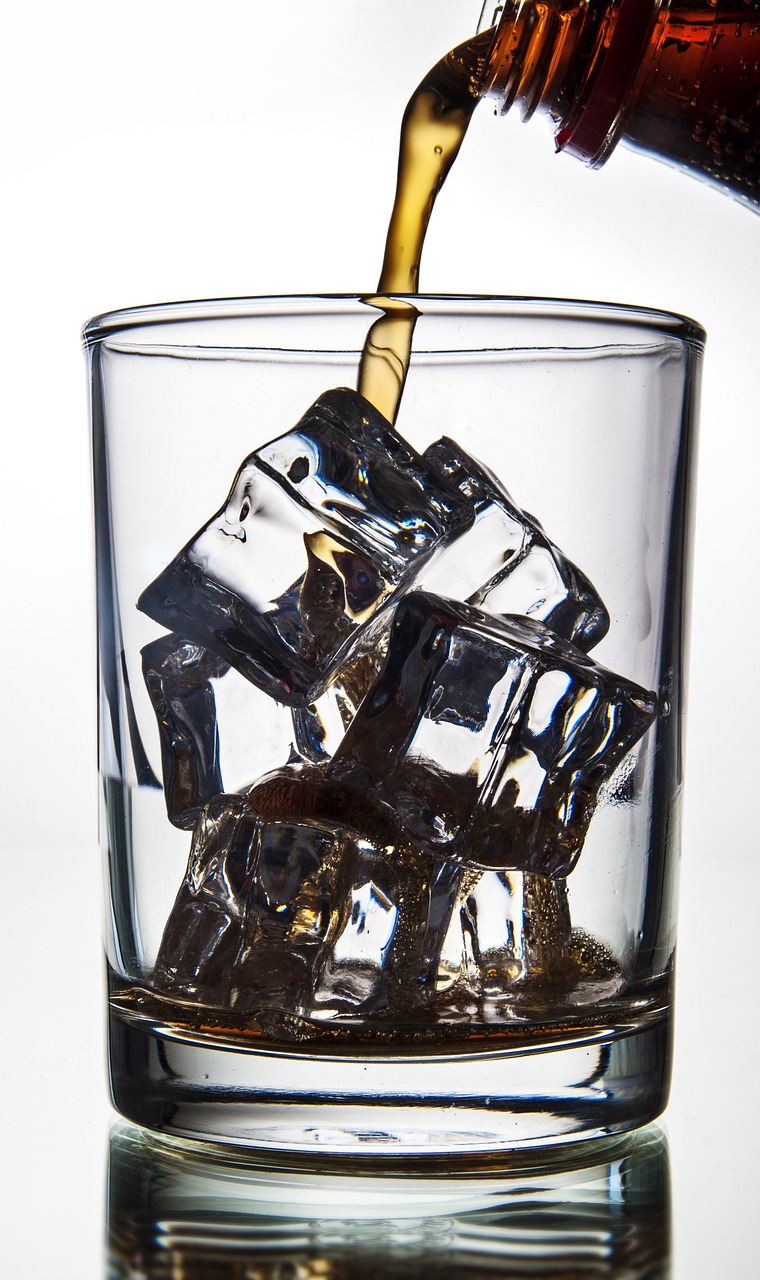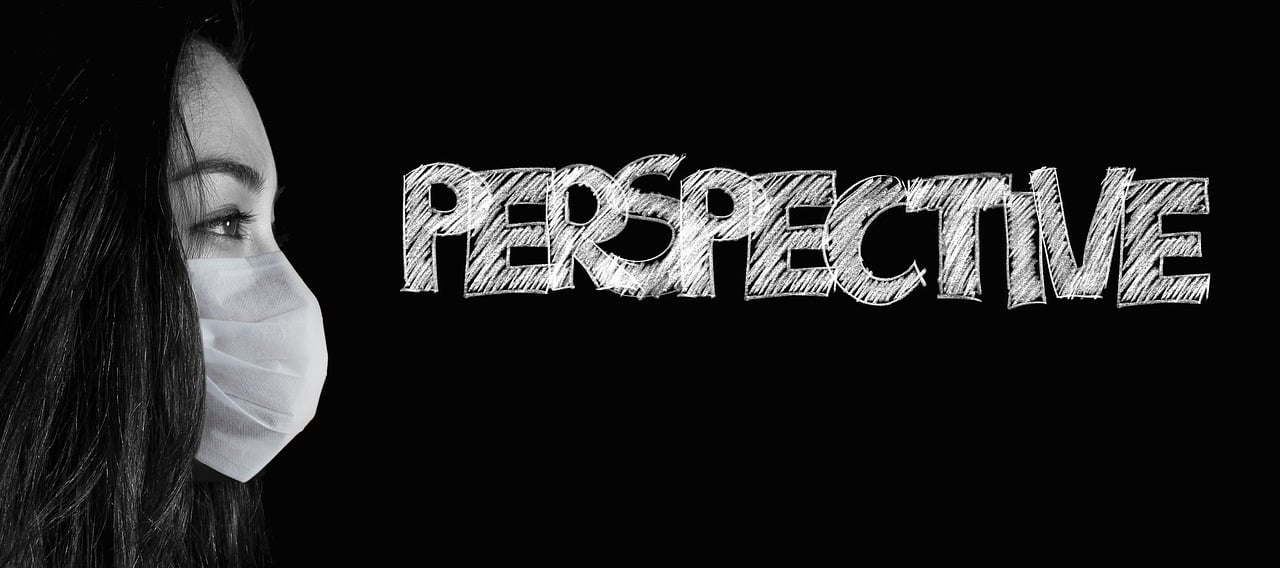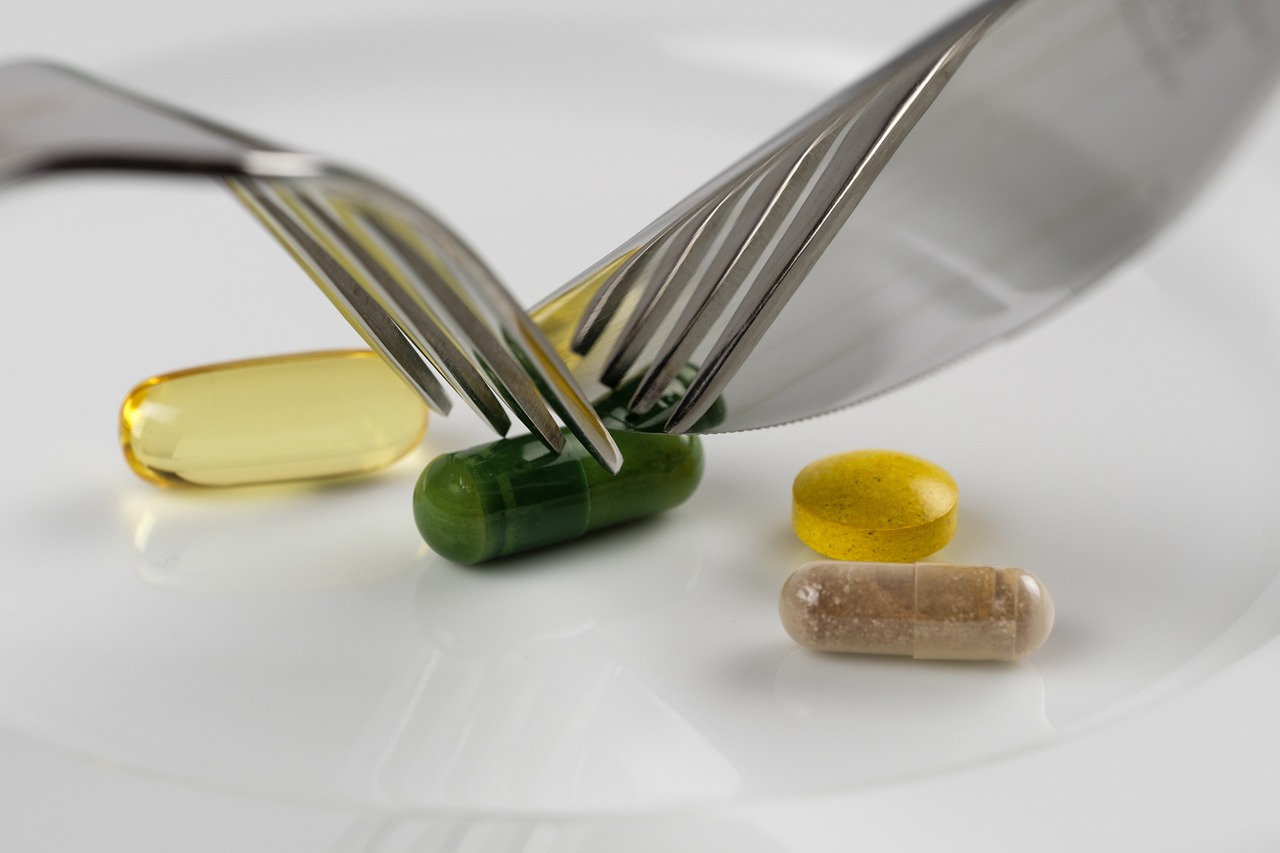Table of Contents
Energy Drinks: Introduction
In the hustle and bustle of modern life, energy drinks have become an increasingly popular choice for those seeking a quick pick-me-up. With names like Red Bull, Monster, and 5-Hour Energy dominating the market, it’s no wonder that energy drinks now occupy entire supermarket aisles. In this article, we will delve into the world of energy drinks, examining their ingredients, their impact on the body when consumed daily or nearly daily, and providing insights on healthier alternatives. As we explore this topic, we’ll maintain an SEO-friendly tone to ensure you receive valuable information.
What are Energy Drinks?
Energy drinks come in various brands, flavors, and formulations, making it challenging to provide a one-size-fits-all definition. Generally, these beverages are high in caffeine, deriving it from sources like guarana, ginseng, taurine, and carnitine. Caffeine content in energy drinks can range from 80 to 200 milligrams per can. For comparison, an 8-ounce cup of brewed coffee contains about 92 milligrams of caffeine. Cold drinks as well have some side effects in our daily life health.
Additionally, some energy drinks include a blend of nutrients, vitamins, minerals, antioxidants, adaptogens, and amino acids. Most are sweetened with either sugar or artificial sweeteners. However, it’s important to note that energy drinks, like supplements, are not regulated by the FDA, making it challenging to verify the accuracy of ingredient labels.
What Happens to Your Body When You Drink Energy Drinks Every Day (Or Nearly Every Day)
The effects of daily energy drink consumption can vary from person to person, but here’s a general overview of what you might experience:
Increased Alertness and Athletic Performance: Research suggests that the caffeine in energy drinks can improve alertness, elevate mood, enhance reaction time, and boost physical endurance. These effects can be especially appealing to active individuals and those seeking a cognitive edge during demanding days.
However, individual responses to caffeine differ, and the impact may depend on your existing caffeine tolerance and overall caffeine intake.
Nervous System Disturbances: Despite their enticing marketing and positioning, energy drinks, especially those high in caffeine, may pose risks. Research published in 2019 suggests that excessive caffeine and stimulants in these beverages can have adverse effects on the nervous system, including increased blood pressure, heart rate, and breathing. This can lead to anxiety, jitters, and disrupted sleep patterns.
Potential Caffeine Dependence: Energy drinks may contain uncertain caffeine levels, as they are not regulated by the FDA. Consequently, the actual caffeine content may vary from what is stated on the label. Regularly consuming high levels of caffeine can lead to dependence, making it challenging to respond to moderate caffeine sources like coffee. Gradually reducing energy drink intake can help reduce dependence.
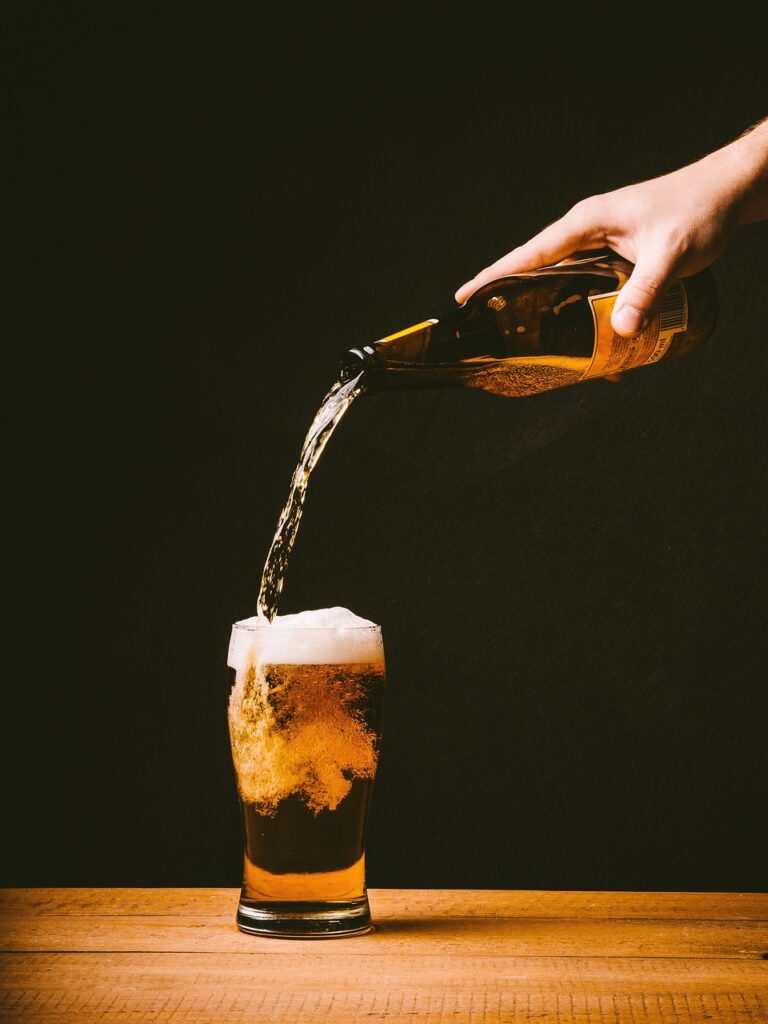
It’s important to note that the recommended daily limit for caffeine is 400 milligrams, equivalent to about four cups of coffee. Some energy drinks meet or exceed this limit, potentially leading to excessive caffeine consumption.
Excessive Sugar Intake: Many energy drinks contain significant amounts of added sugar, which can lead to spikes in blood sugar followed by rapid crashes, leaving you even more fatigued than before. This contradicts the intended goal of energy drinks, which is to provide an energy boost.
The recommended daily allowance for added sugar is 24 grams for women and 36 grams for men, and many energy drinks exceed these limits.
You Should Definitely Avoid Energy Drinks If:
- You’re a child or teen: Due to the potential risks associated with high caffeine content and other stimulants, energy drinks are not suitable for children and adolescents.
- You’re pregnant or breastfeeding: The safety of energy drinks during pregnancy and lactation is uncertain, so it’s advisable to consult with a healthcare professional.
- You’re consuming alcohol: Mixing alcohol and energy drinks can lead to binge-drinking behavior, increasing the risk of harmful consequences such as drunk driving and alcohol-related injuries.
How to Choose the Healthiest Energy Drink
If you still wish to include energy drinks in your routine, consider the following tips for choosing a healthier option:
- Check the Label: Analyze the label of the energy drink to assess its added sugar content and caffeine levels. Opt for options with lower added sugars and caffeine content that aligns with your personal tolerance.
- Consult a Dietitian: If you’re unsure about the energy drink’s suitability for you, seek advice from a registered dietitian nutritionist. They can provide personalized recommendations based on your individual needs and tolerances.
- Stay Hydrated: Always accompany your energy drink with an equal quantity of water to counteract the dehydrating effects of caffeine and maintain proper hydration.
Healthier Energy Drink Alternatives
While energy drinks offer a quick energy boost, several healthier alternatives can help you stay energized without the potential drawbacks:
- Water: Staying well-hydrated is essential for maintaining energy levels.
- Coffee: A cup of brewed coffee or an espresso shot can provide a caffeine boost without excessive sugar content.

- Tea: Consider green tea or herbal teas for a gentler caffeine source.
- Smoothies: Blend fresh fruits and vegetables for a nutritious energy-packed drink.
- Fresh Fruit and Veggie Juices: Natural juices can provide a refreshing energy boost without added sugars.
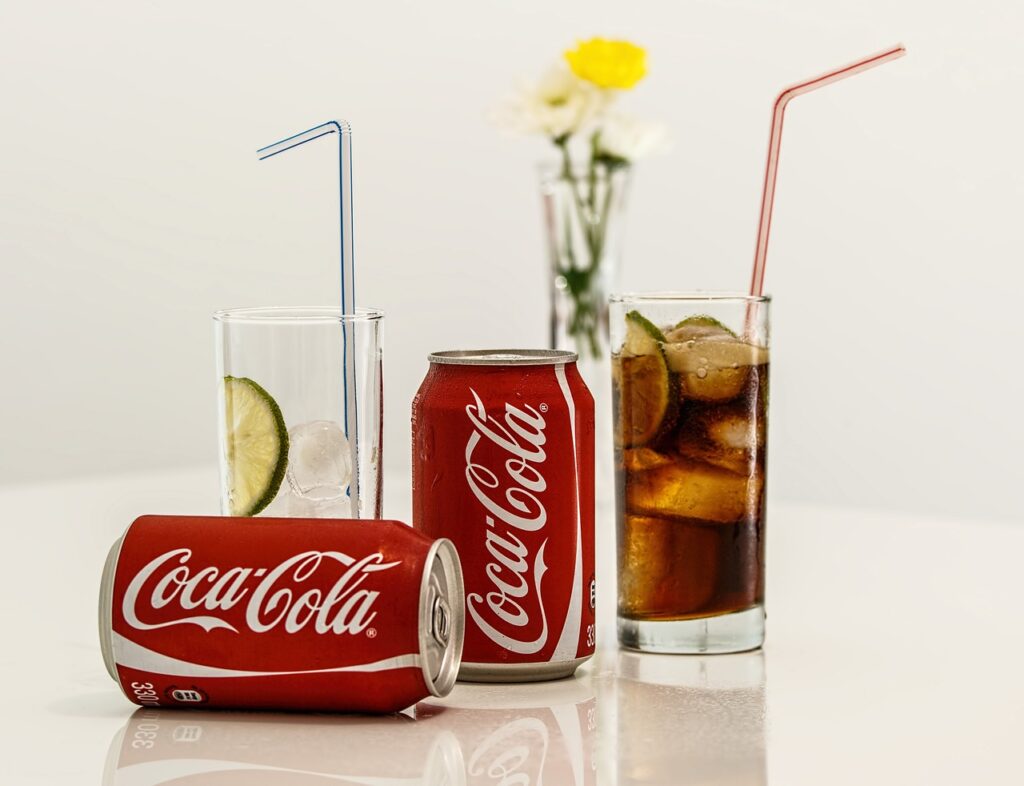
Conclusion
While the energy drink industry continues to thrive, it’s essential to approach these beverages with caution. Although they may have a place in some individuals’ diets, the potential risks associated with excessive caffeine, added sugar, and dependence should not be underestimated. Prioritize moderation and explore alternative ways to boost your energy, such as maintaining a balanced diet, staying hydrated, and getting enough sleep. Your long-term health and well-being should always take precedence over quick fixes, and consulting with a healthcare professional or registered dietitian can provide valuable guidance on your dietary choices. If you want to live a healthy long life then consider less consumption of energy drinks in your daily diet.


